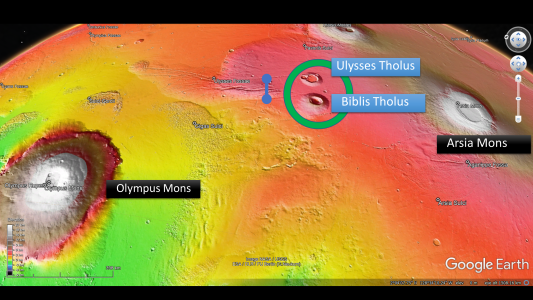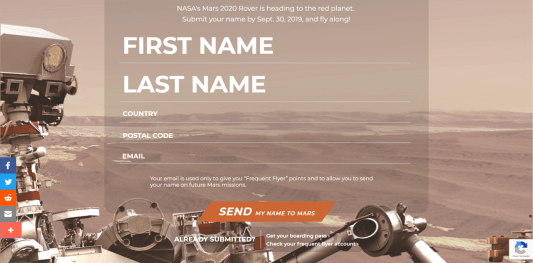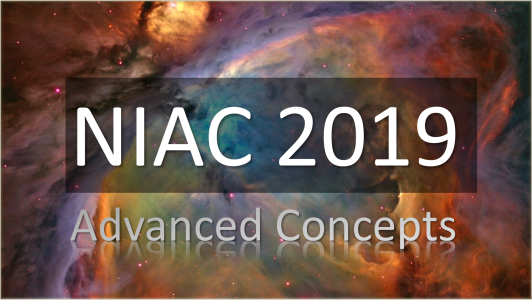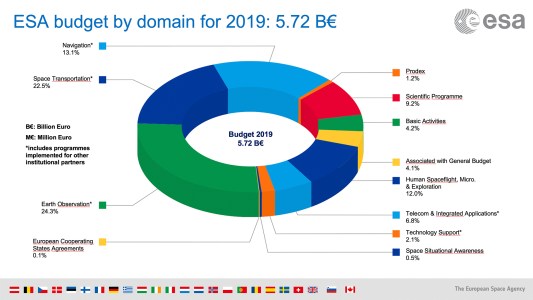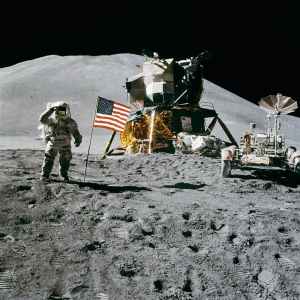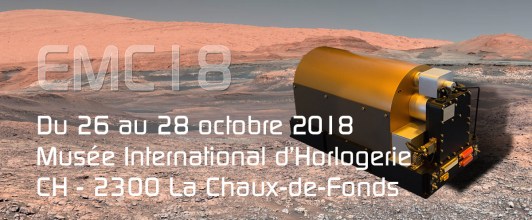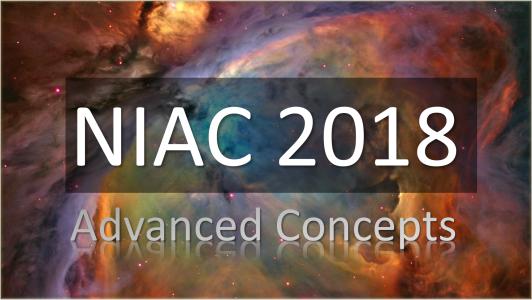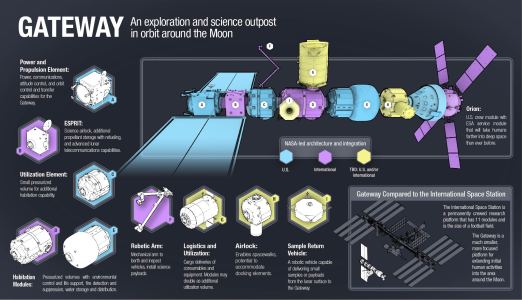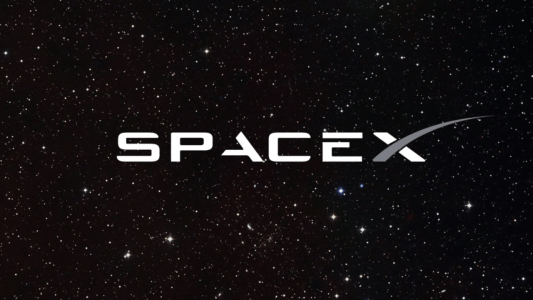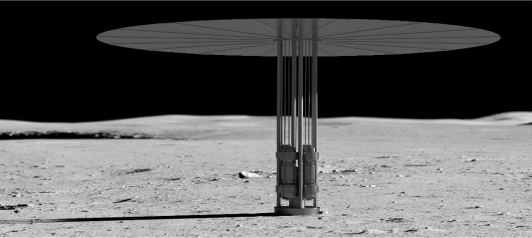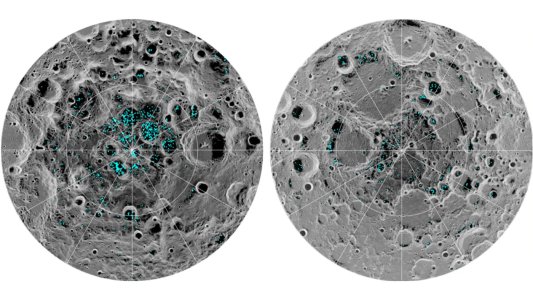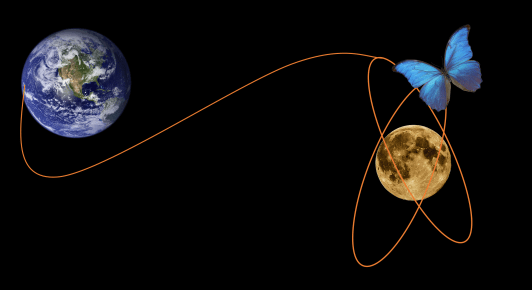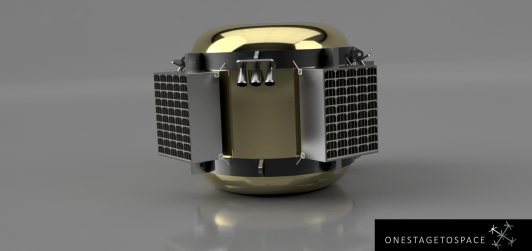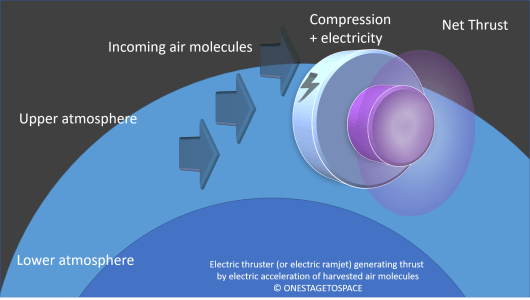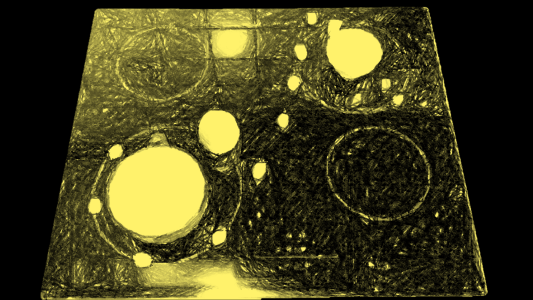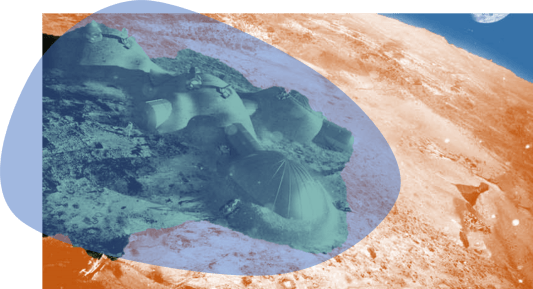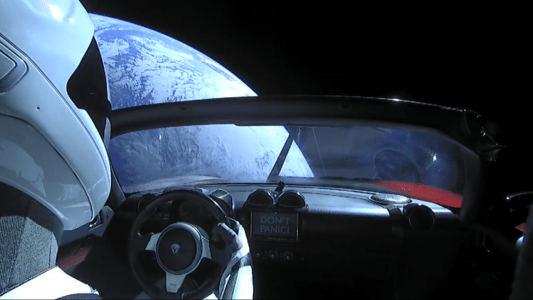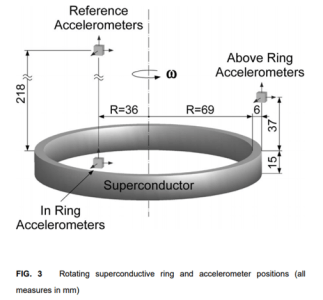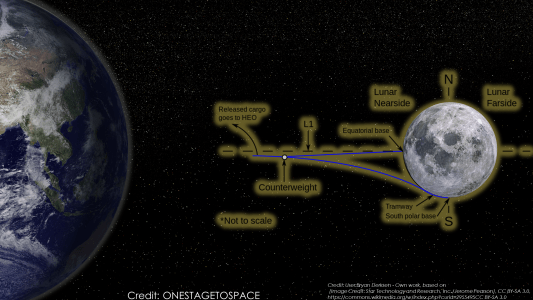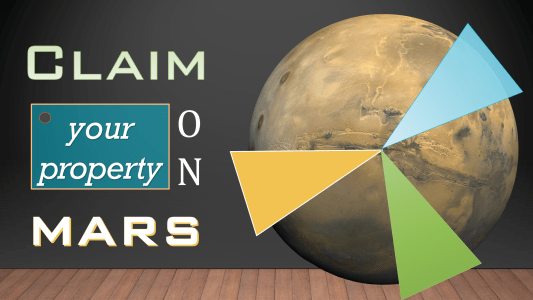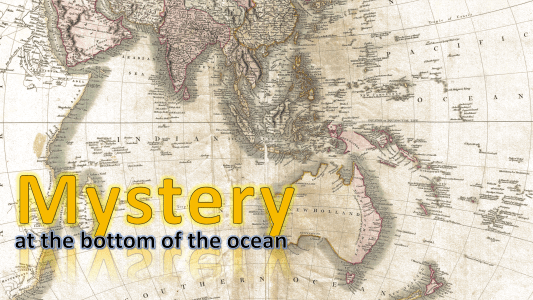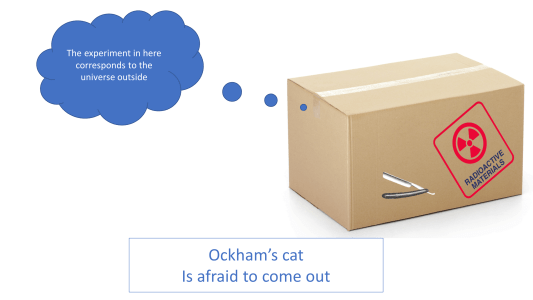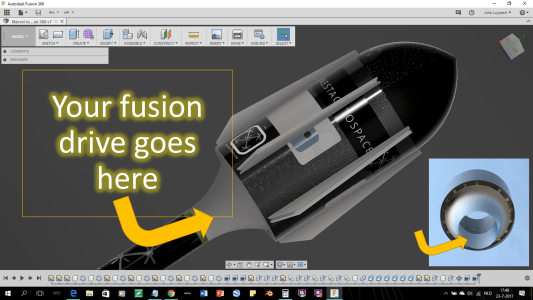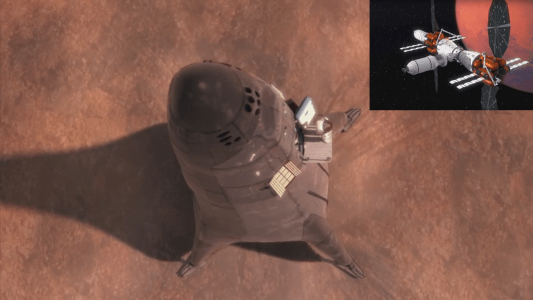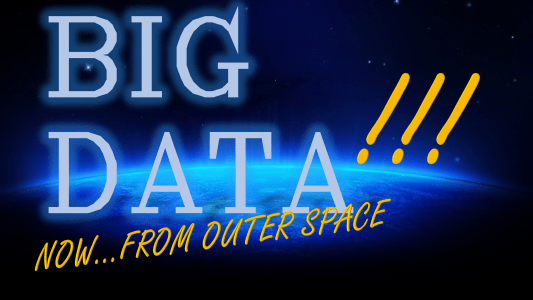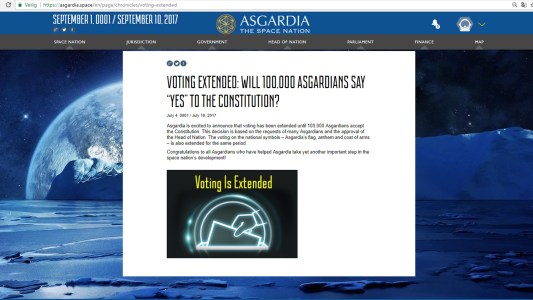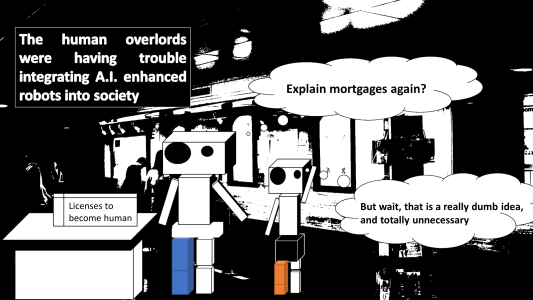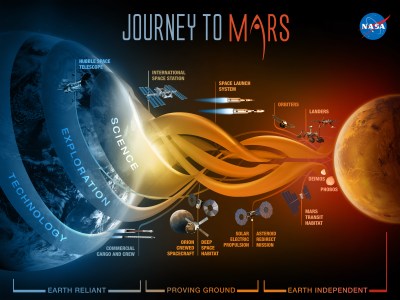Ever heard about Ockham’s razor (the law of parsimony)? This is a guideline used in science and seen as one of the basic tenets to make rational decisions and choices. I have always intuitively felt it was wrong. The razor itself being the product of some sort of underlying circular reasoning.
It sounds logical and its modern version goes like this:
“Simpler explanations are generally better than more complex ones, other things being equal”
But it was only when I saw the video of this excellent speaker, Dr. Robitaille (I greatly respect the speaker in the video for his insights), that I realised what my gripe with Ockham is.
I like the video’s. But… Ockham’s razor is useless. It introduces bias. Ockham’s razor shouldn’t be thought of as having validity in scientific decision making or reasoning (although it’s use is promoted). And it is subjective. It Should never be used as a guide for anything, ever. The first part of the phrase is often used alone, and that is bad enough, but one even makes a worse mistake where one usually adds to it: ‘other things being equal”. Thinking that things are equal, is just another introduced assumption. Outside of mathematics, there is no reason to believe that two thing are ever completely equal.
Your idea (a bias) is actually correct in most cases, because people become good at guessing through habit; but it has no use when you are dealing with deciding between scientific theories. Using Ockham’s razor only gets you into trouble. You can only ever say in hindsight, a posterori, that you are applying it wrong, while you can prevent that embarrassing problem, a priori, by not using Ockham as a guide in the first place.
Why?
Ockham’s razor forces you to say something about reality when you do not have all the facts. This can work in statistics and math in general, and has many technological applications (A.I./fuzzy logic, etc.) but it cannot be used outside of this context. Even if you are presented with two options to choose between, the correct answer would be: ‘I do not know’.
In fact, even quantum physics hinges on this idea. ‘I do not know’ is the only answer that is correct, until you interrogate the subject of study with a measurement. Thinking that your statistics give you the correct answer is wrong, because the other option can still be true. The solution in quantum mechanics is not to make that choice, but to get lots of repeated datasets. Eventually you get a result that falls in line with your statistics, but it cannot be used as a guide to say that the A or B is correct. (Or to boast that you have a theory that predicts this).
In an example where a teacher forces you to make a choice between two answers on a piece of paper and decide which one is more likely to be correct, based on partial information, the answer given inevitably says nothing about reality. The student should protest because the only correct answer is: ‘I do not know’.
The correct guideline is: When I am forced to choose, and the possibility exists that I do not have all the information, I do not choose, but instead I should find out more about the answers and the question by interrogating reality. The alternative options remain open. I should get more data. Biases are indeed useful in a lot of human situations (e.g. fight or flight, progressing in life or research), but not when trying to say something true about reality or to decide between the validity of scientific theories.
Another example: a choice between two lovers should not be based on limited knowledge or assumption that the answer is already available, all things being equal, but that the correct and only successful approach, is to ask or find out more about the ladies. Which could be pleasant.
A last extreme example: ‘Cogito ergo sum’ (I think therefore I am, from Descartes, given the two choices) is a fundamentally flawed assumption about reality and a denial of rationality, or logical thinking, based on thinking in the line of Ockham’s razor. It can only be based on ‘reasonability’-arguments, as the ones that underscore the assumptions behind law making and legal questions(*). It is reasonable to believe that you exist as a (separate) thinking entity. But it is not correct. The method used does not allow you to draw a valid conclusion.
Therefore, using Ockham’s razor as a useful guideline for anything is just making an assumption about reality (that less complicated explanations are probably true, all things being equal) that does not tell you anything about reality as how it actually is. As a guideline scientists should interrogate their subjects first, repeatedly, and with ever better questions and tools, because no assumption, not even a statistical one, nor a hidden subjective one, survives that kind of continued scrutiny.
One of those assumptions the presenter makes, is that what happens in the lab, also happens in the universe. While this allows progress to be made, it is a priori always incorrect. You haven’t checked.
All Ockham’s razor does is rationalize that you are making a guess. So better not to use it ever.
Ockham’s razor is something scientist can get very passionate about. They see it as invaluable for good decision making. But… scientists should just do what they are best at doing…getting more and better data and not introduce an Ockham-bias.
So what do you think? Is my view correct… or not? I would like a binary answer, not a statistical one.
(*) For reasonability’s sake we assume that right subjects are equal under the law. The alternative leads to too much unease with government, unease with the laws or institutions, and ends in more social trouble than necessary.
ONESTAGETOSPACE is a genuine space effort seeking funds to further develop and build its MARVELOUS reusable vehicle. An innovative design allows us to decimate the operational cost of both orbital and interplanetary crewed missions, from surface to surface, over even the best industry competitors. This maturing site allows us to talk about our vehicle and to share stories about projects and people that or who inspire us on our long journey. If there is a story you feel we should cover, or a person that would like to be interviewed, let us know. Subscribe, like, share or support us with time, money or advice to help bring this project to fruition. It is ONESTAGETOSPACE, and you can become part of the adventure.

